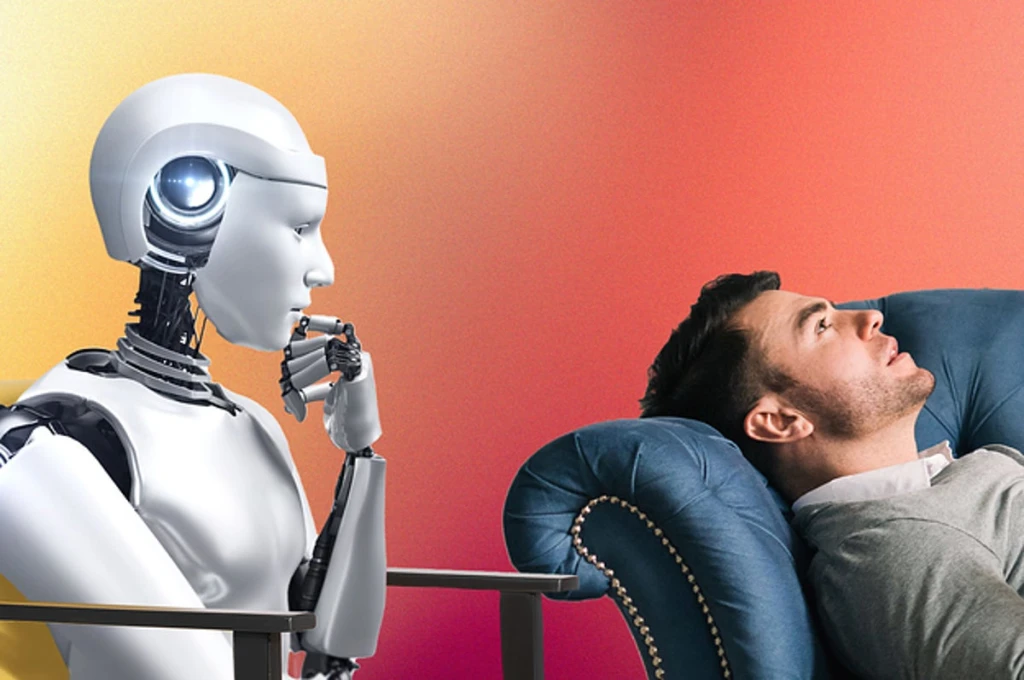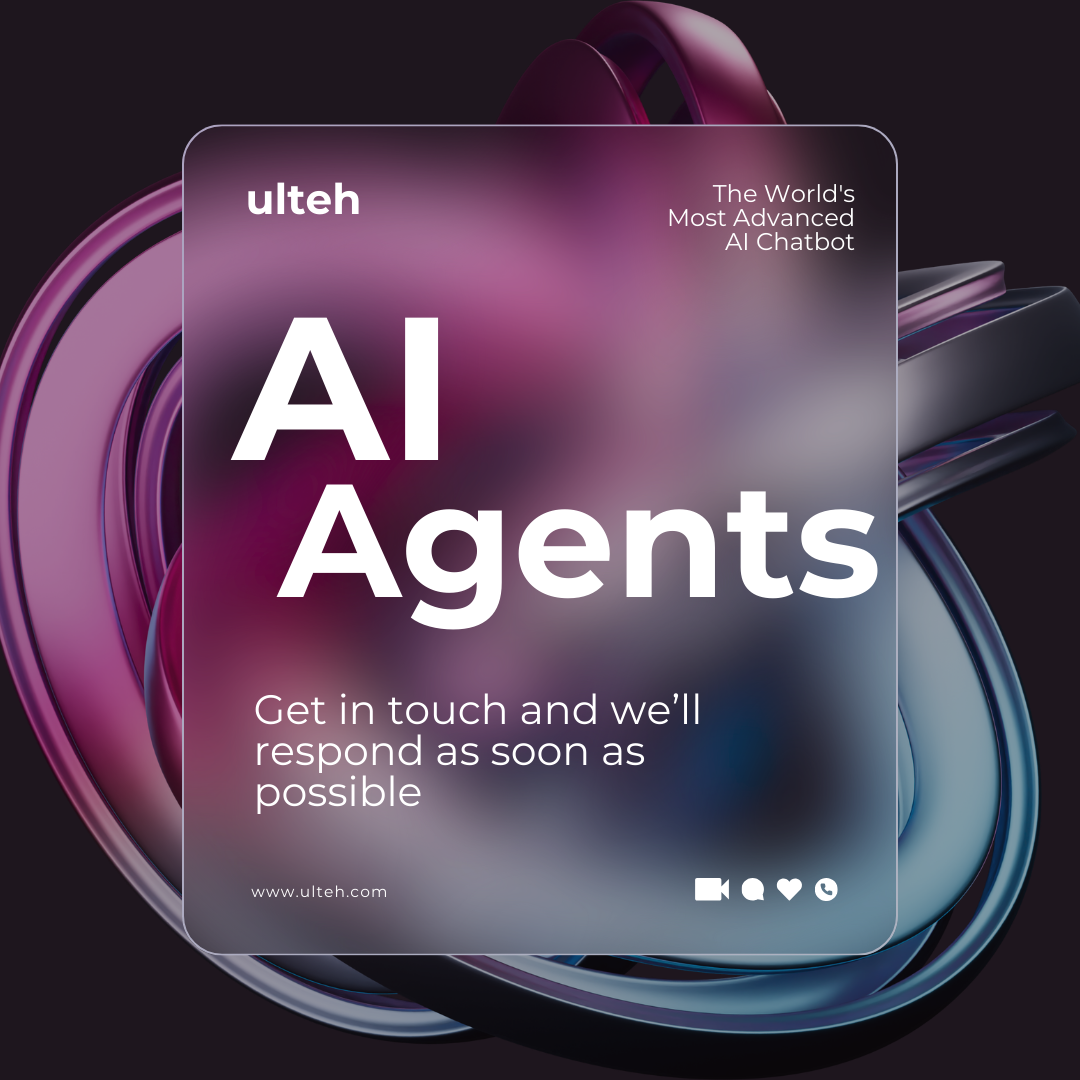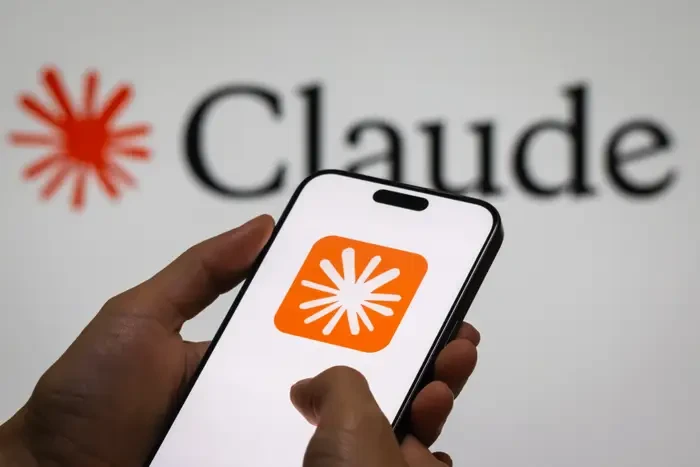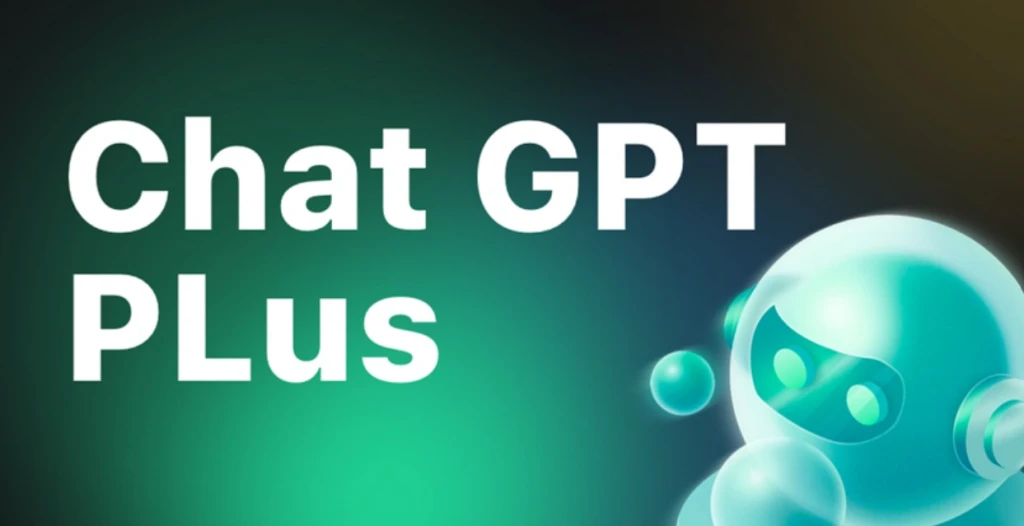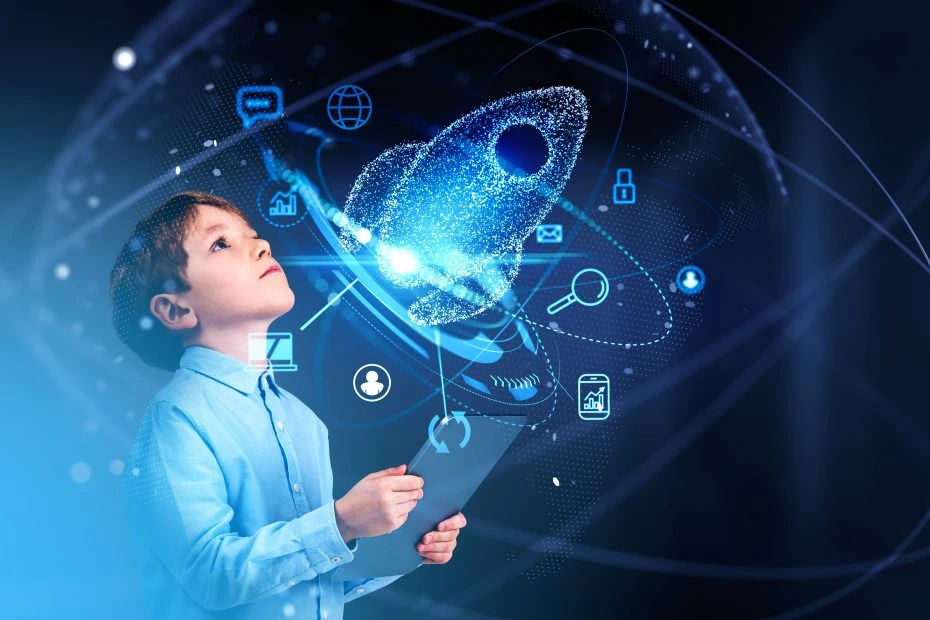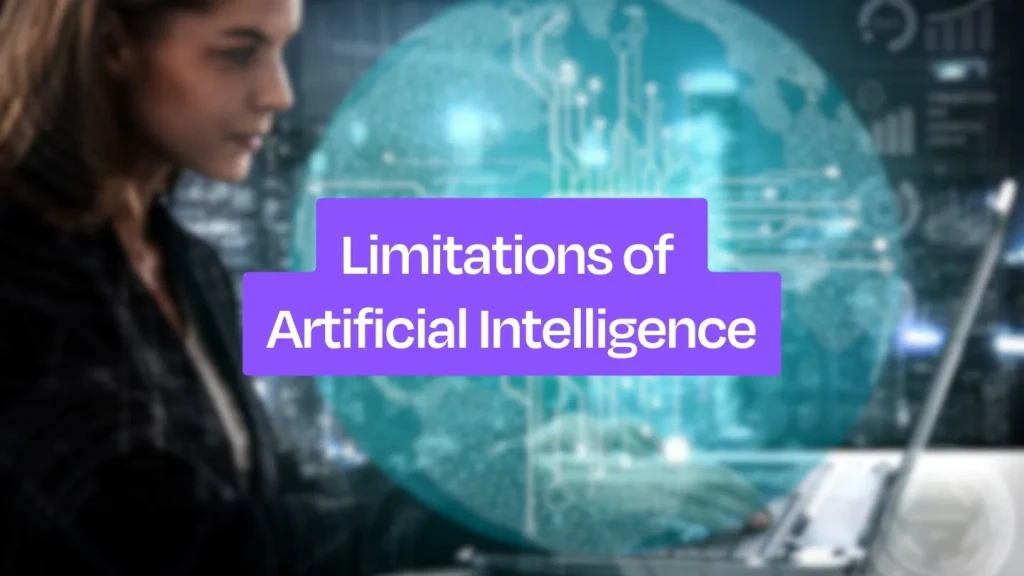Test AI on YOUR Website in 60 Seconds
See how our AI instantly analyzes your website and creates a personalized chatbot - without registration. Just enter your URL and watch it work!
1. Introduction: AI’s Growing Role in Mental Health Support
This blog explores the role of AI in mental health care, its benefits, limitations, and ethical concerns, while examining whether AI-powered chatbots can offer real therapeutic support.
2. How AI Like ChatGPT Is Being Used in Mental Health
1. AI-Powered Emotional Support Chatbots
AI chatbots like Woebot, Wysa, and Replika use cognitive-behavioral therapy (CBT) techniques to help users manage stress and anxiety.
ChatGPT provides empathetic responses, guiding users through difficult emotions and coping strategies.
AI-powered chatbots help combat loneliness by offering non-judgmental conversations anytime, anywhere.
2. AI for Mental Health Screening and Self-Diagnosis
AI tools assess mood patterns, anxiety levels, and depressive symptoms based on user responses.
Early intervention apps use AI to detect signs of mental distress and recommend professional help.
ChatGPT and similar models assist in mental health education, offering resources on self-care and coping mechanisms.
3. AI-Assisted Therapy and Guided Interventions
Some mental health professionals use AI chatbots as supplementary tools in therapy sessions.
AI offers structured therapy exercises, such as guided meditation and relaxation techniques.
AI-powered journaling apps help users track thoughts, emotions, and mental health progress.
3. The Benefits of AI in Mental Health Care
1. Accessibility and 24/7 Availability
AI chatbots provide instant support, reducing wait times for therapy appointments.
Users can access help anytime, making AI a valuable tool for those in crisis.
AI removes geographical barriers, offering mental health assistance worldwide.
2. Cost-Effective Mental Health Solutions
Traditional therapy can be expensive, whereas AI chatbots provide free or low-cost alternatives.
AI-powered platforms offer self-help programs, making mental health care more affordable.
AI allows mental health organizations to reach more patients without overwhelming human therapists.
3. Anonymity and Reduced Stigma
AI provides a safe space for users hesitant to seek human therapy.
Conversations with AI chatbots reduce the fear of judgment, encouraging people to open up.
AI-based self-help tools empower users to manage mental well-being privately.
4. The Risks and Limitations of AI in Mental Health
1. Lack of Human Emotional Understanding
AI cannot truly empathize with human emotions the way a therapist can.
ChatGPT’s responses are pre-trained and lack real-time emotional intelligence.
AI may fail to recognize complex psychological issues, leading to ineffective support.
2. Risk of Misinformation and Misdiagnosis
AI-generated advice is not always clinically verified, risking harmful or misleading suggestions.
Users may mistake AI chatbots for licensed therapists, relying on them for serious mental health conditions.
Without professional oversight, AI-driven self-diagnosis tools may misinterpret symptoms, leading to incorrect conclusions.
3. Privacy and Data Security Concerns
AI mental health apps collect sensitive personal data, raising concerns about user privacy.
Data breaches or misuse of AI-generated records could expose confidential mental health information.
Ethical concerns exist around how AI mental health data is stored, shared, and used.
5. AI vs. Human Therapists: Can AI Replace Traditional Therapy?
1. AI as a Complementary Tool, Not a Replacement
AI chatbots can supplement therapy sessions but cannot replace trained professionals.
AI works best in mild to moderate mental health support, while serious cases require human intervention.
Therapists can use AI for tracking patient progress and providing structured therapy programs.
2. The Importance of Human Connection in Therapy
Genuine empathy, intuition, and deep understanding are unique to human therapists.
AI lacks the ability to adapt emotionally nuanced interactions based on body language or vocal tone.
Human therapists build trust and long-term relationships that AI cannot replicate.
3. Ethical and Legal Considerations
AI-driven mental health solutions must comply with ethical guidelines and regulatory frameworks.
Transparency in AI-generated mental health advice is necessary to avoid misinformation.
AI chatbots should include clear disclaimers that they are not substitutes for professional therapy.
6. The Future of AI in Mental Health Support
1. AI-Powered Mental Health Coaching
Future AI models may offer more personalized and adaptive coaching.
AI will integrate with wearable technology to track mental health patterns in real time.
2. Hybrid AI-Therapist Models
AI will assist therapists by analyzing patient data, improving diagnosis accuracy.
AI-driven tools will help therapists provide more tailored treatment plans.
3. Ethical AI Development and Regulation
AI mental health platforms will face stricter data privacy laws and ethical guidelines.
Developers will focus on ensuring AI’s reliability, transparency, and human oversight.
7. Conclusion: AI as a Mental Health Ally, Not a Therapist
The future of AI in mental health lies in a collaborative approach—where AI tools enhance mental health services rather than replace human therapists. By using AI responsibly, we can create a more accessible and supportive mental health ecosystem that benefits both individuals and professionals.
